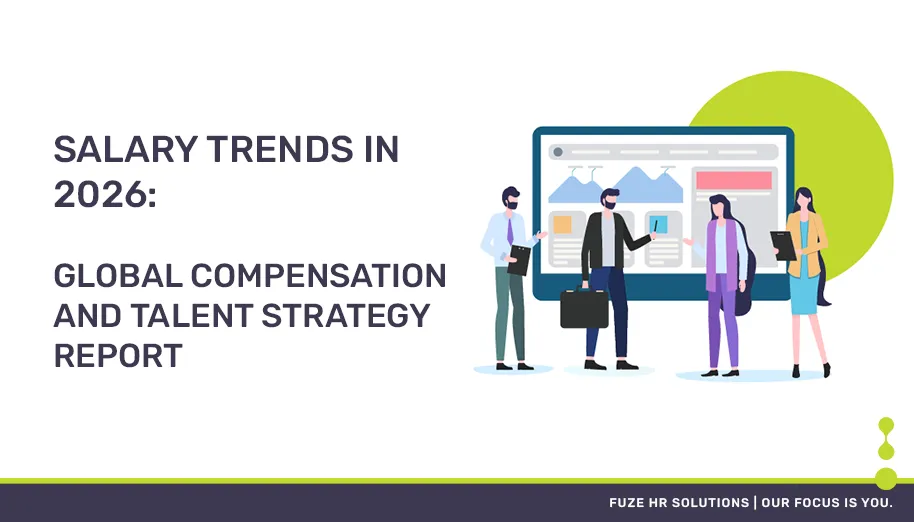The interview is coming to an end. You know you properly answered the questions that the interviewer had for you. Before the interview wraps up, the potential employer asks you if you have any questions for him, but what if the questions you had were already covered during the interview, or you just don’t have anything to ask?
This could be quite stressful, knowing you’re trying to find the right questions to ask without taking up too much time. If you don’t have any questions, you will seem uninterested in the job.
Asking 2 pertinent questions is recommended because it’s enough to show your enthusiasm towards the job without being too lengthy.
Keep these questions in mind, review them to be well prepared for your interview and remember to always be honest.
Why should you ask questions? By asking questions, you will be able to learn more about the company or the job. It can help you decide if the position is suitable for you.
Here are the top 10 brilliant questions you can ask during your interview:
-
Can you tell me about the team?
This is a common question but a good one to ask. It will allow you to know more about the people you will be working with and the company’s work culture.
-
Can you talk about your company culture?
Will you be at ease to work in this type of environment.
-
What is the typical career path of an employee working here?
This will give you an insight on if the company prefers to promote internally and how career advancement works. It is a great question to ask, as it shows that you are interested in growing with the organization.
-
Is this a new role?
If this is a new role, it is created for a reason. But if it’s to replace someone, it will make you understand what you will be facing once you are hired and it prepares you to pick up the tasks that have been reassigned to you.
-
What are your expectations during the probation period?
It’s always good to know what your employer expects from you. It will prepare you on how you can excel in your new role once you are hired.
-
Who are the competitors and why?
Obviously, you should know more or less about the company’s competitors. However, depending on the way you gauge the conversation, you will be able to get information that is not from your job description.
-
Do you have any uncertainty in regards to me that can be addressed?
It is a very straight forward question to ask during an interview. On the other hand, this could be a great opportunity for you to correct any doubts your interviewer has.
-
Do you need any clarification on my qualifications?
This will allow you to make sure there are no misunderstandings. If there are, you will be able to address them and let them know you are a good fit for the role.
-
What are the biggest challenges that the company/department is currently facing?
A good question to get to know about the current trends of the industry and to show how you can help the company overcome these challenges.
-
What are the next steps of the hiring process?
A very common question. It is good to show your eagerness towards the interview process and it will give you a good hint on how you should properly do a follow-up.
Reminder, try to avoid yes or no and hard to answer questions. You don’t want to stump your interviewer. It could be an awkward moment for both of you.
Keep these questions in mind, review them to be well prepared for your interview and remember to always be honest.





